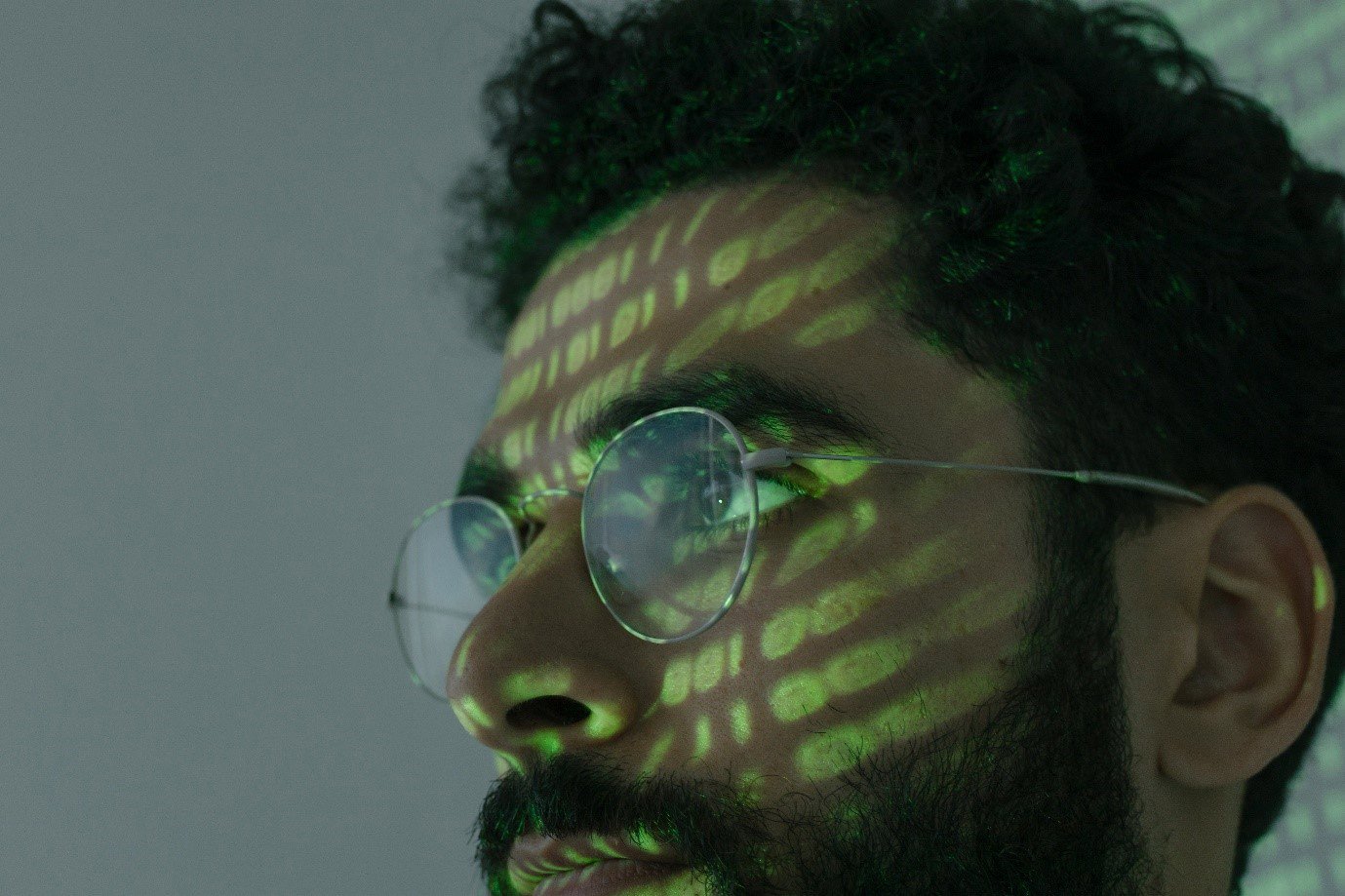What is Mental Capacity?
Mental capacity is having the ability to make your own decisions independently. Someone can have mental incapacity as a result of an accident, medical condition, severe learning disability, or mental health problem.
Here’s some more examples of who may lack mental capacity:
- someone with dementia
- someone who’s had a stroke
- a patient who’s unconscious
- someone who has suffered a brain injury
Just because someone doesn’t have mental capacity, that doesn’t mean that it will last for the rest of their life. Mental incapacity can be temporary or permanent, depending on the circumstances that led to them being unable to make decisions.
It should also be noted that there are different types of capacity and decisions. Someone may be able to make simple decisions but not more complex ones. For example, they may be able to decide on what they would like to eat, but not have the mental capacity for more complicated decisions such as whether or not they should live in a care home.
How is Mental Capacity Assessed?
In order for a person to lack capacity, they must first have “an impairment of the mind”. This can be anything that affects the way they process information, such as a severe learning disability, a brain injury, or dementia.
Section 3 of the Mental Capacity Act states that a person is unable to make a decision if they’re unable to do one or more of the following:
- Understand the information relevant to the decision
- Retain the relevant information for long enough to be able to make a decision
- Use or weigh up the relevant information as part of the process of making the decision
- Communicate the decision by any possible method, such as talking, using sign language or any other non-verbal cues
That being said, it’s important to point out that a person must not be assumed to lack mental capacity due to:
- Their age
- Their appearance
- Any mental health diagnosis they may have
- Any other disability or medical condition they may have
Who Can Support Someone to Make Decisions?
The person who can provide support and assistance to someone who doesn’t have mental capacity will depend on their unique circumstances. But typically, this would be a relative or close friend.
Other people who may be able to help make decisions can be:
- Unpaid carer
- Paid carer
- Social worker
- Doctor
- Nurse
- Health care professional
- Court
If the decision you need help with will have long-term effects, you may need to seek legal advice on whether the law will allow you to make the decision.
Supporting People to Make Decisions
Before someone can be identified as not having mental capacity, you should take steps to allow them to try and make their own decisions.
For this to happen, you need to see whether the person has all the relevant information that they need to make the decision. It’s also important to think about whether they have been given any information on alternative options that they could consider.
If they have been presented with all the relevant information and options available, consider explaining it in a way that’s easier for them to understand. For example, using simple language. It could also be a good idea to consider whether other methods of communication have been done, such as non-verbal communication.
Depending on the person’s condition, you may notice that they have better understanding and awareness at certain times of the day, so it could be wise to wait until then before discussing options with them.
If the person’s condition isn’t thought to be permanent, consider whether the decision that needs to be made can wait until they are in a better position to make the decision themselves. For example, if they are conscious and recovering from a head injury, the decision may be delayed.
Five Core Principles of the Mental Capacity Act
The first principle is the presumption of capacity
Every person has the right to make their own decisions if they have the mental capacity to do so. It must be assumed that a person has the ability to make decisions, unless it can be established that the person is unable to.
For example, if a young person decides that they’d like to live at home rather than at a supported living placement, it must be assumed that they have mental capacity to make that decision and steps must be taken to facilitate this.
The second principle is that people should be given support in order to maximise their decision-making capacity.
It’s important that all steps be taken to ensure that the person is able to make the decision themselves. For example, if the person only spoke a foreign language, then their mental capacity should be assessed with assistance from an appropriate interpreter.
The third principle is that people have the right to make decisions that others might think are unwise
A person who makes a decision that others consider unwise shouldn’t automatically be labelled as lacking the mental capacity to make that decision.
For instance, if a young person decides they no longer wish to continue with their education. As a parent or advocate, you may be concerned that this decision is unwise and not in the young person’s best interests. However, just because you disagree with their decision this doesn’t mean that the young person lacks capacity to make it.
The fourth principle is that any decision made on behalf of a person who lacks mental capacity must be in their best interests
In other words, if the young person above had been found to lack capacity, then a decision would be made by professionals and family members about whether or not continuing their education would be in their best interests. Despite not having capacity, the young person’s wishes and feelings should still be considered and given appropriate weight.
The fifth principle is that any decision made on behalf of someone who lacks mental capacity should be the least restrictive option possible
When someone is making decisions on behalf of someone who lacks mental capacity, they should always do whatever is the least restrictive. For example, if you’re thinking of placing the young person at a residential school where they will be monitored 24 hours a day, but their education and care needs can be equally bet through supported living placement and attending a mainstream college. The least restrictive of these two options should be chosen, as long as the circumstances allow.

What happens if a Local Authority is concerned about a young person’s capacity?
The Local Authority should always consider whether a young person requires support in expressing their views. If they do, then they should consider providing an advocate (who could be a family member or a professional) to assist in providing the young person’s views. Information about advocacy services should be clearly detailed in the Local Authority’s Local Offer and these services can be provided through a personal budget.
When there is concern about a young person’s mental capacity to make a decision, then a mental capacity assessment will need to be undertaken and this should be undertaken by appropriate staff who have received training in mental capacity, such as a social worker, psychiatrist or other relevant professional.
Mental Capacity Act Disputes
If there are any disputes about a person’s capacity or a specific decision that is being made, the Court of Protection oversees actions taken under the Mental Capacity Act and resolves any disputes that involve mental capacity matters.
It’s important that you firstly try to resolve mental capacity disputes amongst the person’s involved in making the decision through best interests meeting and negotiation. A best interests meeting is a multidisciplinary meeting where a specific decision relating to someone’s care and treatment is discussed, if they don’t have mental capacity. Should this not work, then a matter can be brought before the Court of Protection in order that issues can be examined, and decisions made. The Court of Protection is an inquisitive Court, and it requires the people involved in the proceedings to try to resolve the dispute themselves during the proceedings.
How We Can Help You
If you’re helping to care for someone who doesn’t have mental capacity, we can help you put their affairs in order. We can help provide you support with:
- Lasting Power of Attorney
- Making decisions about the person’s property and affairs
- Disputes on the person’s ability to make a decision about their care and support
- Making decisions about where the person should reside
If you would like to discuss your situation, get in touch with our solicitors today for a free consultation. We will listen to your case and let you know how we can help, by outlining your legal options. We can also help provide information and support while you are trying to decision which is the best route to take.







